Harold J. Benson9780072318883, 0072318880
Table of contents :
Cover……Page 1
Preface……Page 2
Laboratory Protocol……Page 3
Introduction……Page 6
1.Brightfield Microscopy……Page 7
2. Darkfield Microscopy……Page 13
3. Phase-Contrast Microscopy……Page 15
4. Fluorescence Microscopy……Page 21
5. Microscopic Measurements……Page 26
Introduction……Page 29
6. Protozoa, Algae, and Cyanobacteria……Page 30
7. Microscopic Invertebrates……Page 39
8. Aseptic Technique……Page 42
9. The Bacteria……Page 49
10. The Fungi: Yeasts and Molds……Page 51
Introduction……Page 57
11. Negative Staining……Page 58
12. Smear Preparation……Page 60
13. Simple Staining……Page 64
14. Capsular Staining……Page 65
15. Gram Staining……Page 66
16. Spore Staining: Two Methods……Page 69
17. Acid-Fast Staining: Ziehl-Neelsen Method……Page 71
18. Acid-Fast Staining: Fluorescence Method……Page 72
19. Motility Determination……Page 74
Introduction……Page 77
20. Culture Media Preparation……Page 78
21. Pure Culture Techniques……Page 84
22. Cultivation of Anaerobes……Page 91
23. Bacterial Population Counts……Page 95
24. Slide Culture: Autotrophs……Page 101
25. Slime Mold Culture……Page 102
26. Slide Culture: Molds……Page 105
27. Isolation of Anaerobic Phototrophic Bacteria: using the Winogradsky Column……Page 108
Introduction……Page 112
28. Isolation of Phage from Sewer……Page 114
29. Isolation of Phage from Flies……Page 117
30. Burst Size Determination: A One-Step Growth Curve……Page 121
Introduction……Page 126
31. Bacterial Commensalism……Page 127
32. Bacterial Synergism……Page 128
33. Microbial Anatagonism……Page 129
Introduction……Page 130
34. Temperature: Effects on Growth……Page 131
35. Temperature: Lethal Effects……Page 133
36. pH and Microbial Growth……Page 135
37. Osmotic Pressure and Bacterial Growth……Page 136
38. Oligodynamic Action……Page 137
39. Ultraviolet Light: Lethal Effects……Page 138
40. Evaluation of Disinfectants: The Use.Dilution Method……Page 140
41. Evaluation of Alcohol: Its Effectiveness as a Skin Degerming Agent……Page 142
42. Evaluation of Antiseptics: The Filter Paper Disk Method……Page 144
43. Antimicrobic Sensitivity Testing: The Kirby-Bauer Method……Page 146
44. Effectiveness of Hand Scrubbing……Page 149
Introduction……Page 152
45. Preparation and Care of Stock Cultures……Page 153
46. Morphological Study of Unknown……Page 155
47. Cultural Characteristics……Page 158
48. Physiological Characteristics: Oxidation and Fermentation Tests……Page 162
49. Physiological Characteristics: Hydrolytic Reactions……Page 171
50. Physiological Characteristics: Miscellaneous Tests……Page 175
51. Use of Bergey’s Manual and Indentibacter interactus……Page 178
Introduction……Page 183
52. Enterobacteriaceae Identification: The API 20E System……Page 184
53. Enterobacteriaceae Identification: The Enterotube II System……Page 188
54. O/F Gram-Negative Rods Identification: The Oxi/Ferm Tube II System……Page 193
55. Staphylococcus Identification: The API Staph.Identification System……Page 197
Introduction……Page 200
56. Microbial Population Counts of Soil……Page 201
57. Isolation of an Antibiotic Producer from Soil……Page 202
58. The Nitrogen Cycle……Page 205
59. Nitrogen-Fixing Bacteria……Page 207
60. Ammonification in Soil……Page 211
61. Isolation of a Denitrifier from Soil: Using Nitrate Agar……Page 212
62. Isolation of a Denitrifier from Soil: Using an Enrichment Medium……Page 215
Introduction……Page 219
63. Bacteriological Examination of Water: Qualitative Tests……Page 220
64. The Membrane Filter Method……Page 224
65. Standard Plate Count: A Quantitative Test……Page 226
Introduction……Page 227
66. Standard Plate Count of Milk……Page 228
67. Direct Microscopic Count of Organisms in Milk: The Breed Count……Page 229
68. The Reductase Test……Page 232
69. Bacterial Counts of Foods……Page 234
70. Microbial Spoilage of Canned Foods……Page 235
71. Microbial Spoilage of Refrigerated Meats……Page 237
72. Microbiology of Alcohol Fermentation……Page 239
73. Microbiology of Yogurt Production……Page 241
Introduction……Page 243
74. Mutant Isolation by Gradient Plate Method……Page 244
75. Mutant Isolation by Replica Plating……Page 246
76. Bacterial Mutagenicity and Carcinogenesis: The Ames Test……Page 248
Introduction……Page 251
77. A Synthetic Epidemic……Page 252
78. The Staphylococci: Isolation and Identification……Page 255
79. The Streptococci: Isolation and Identification……Page 260
80. Gram-Negative Intestinal Pathogens……Page 268
81. Urinary Tract Pathogens……Page 272
82. Slide Agglutination Test: Serological Typing……Page 277
83. Slide Agglutination (Latex) Test: For S. aureus Identification……Page 279
84. Tube Agglutination Test: The Heterophile Antibody Test……Page 281
85. Tube Agglutination: The Widal Test……Page 283
86. Phage Typing……Page 285
87. White Blood Cell Study: The Differential WBC Count……Page 286
88. Total WBC Count……Page 290
89. Blood Grouping……Page 294
90. The Snyder Caries Susceptibility Test……Page 297
I. Microscopy……Page 299
II. Survey of Microorganisms……Page 303
III. Microscope Slide Techniques……Page 311
IV. Culture Methods……Page 317
V. Bacterial Viruses……Page 329
VI. Microbial Interrelationships……Page 333
VII. Environmental Influences and Control of Microbial Growth……Page 335
VIII. Identification of Unknown Bacteria……Page 355
IX. Miniaturized Multitest Systems……Page 359
X. Microbiology of Soil……Page 367
XI. Microbiology of Water……Page 375
XII. Microbiology of Milk and Food Products……Page 379
XIII. Bacterial Genetic Variations……Page 389
XIV. Medical Microbiology and Immunology……Page 393
Descriptive Charts……Page 415
Appendix A: Tables……Page 420
Appendix B: Indicators, Stains, Reagents……Page 429
Appendix C: Media……Page 432
Appendix D: Identification Charts……Page 438
Appendix E: The Streptococci……Page 447
Appendix F: Identibacter interactus……Page 451
Index……Page 452
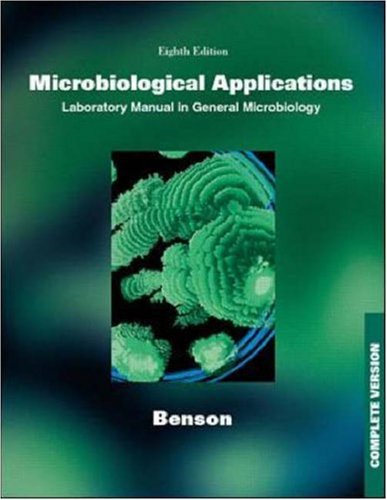
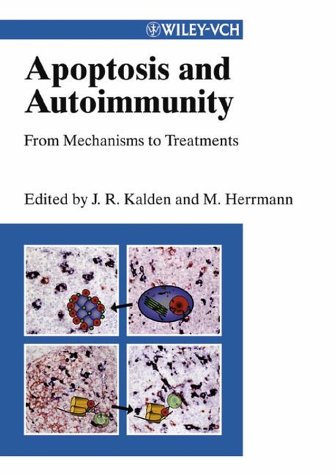
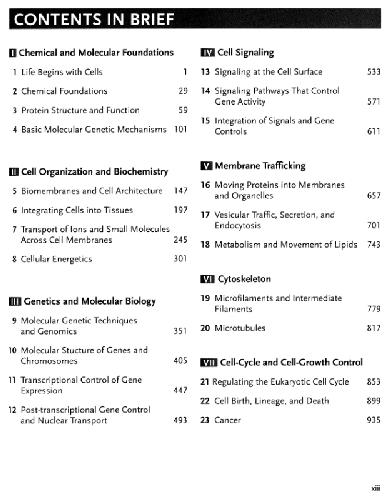
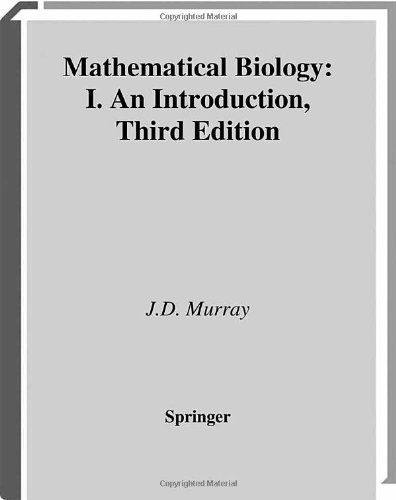


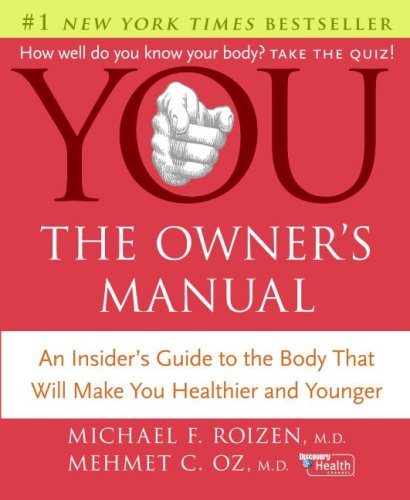
Reviews
There are no reviews yet.